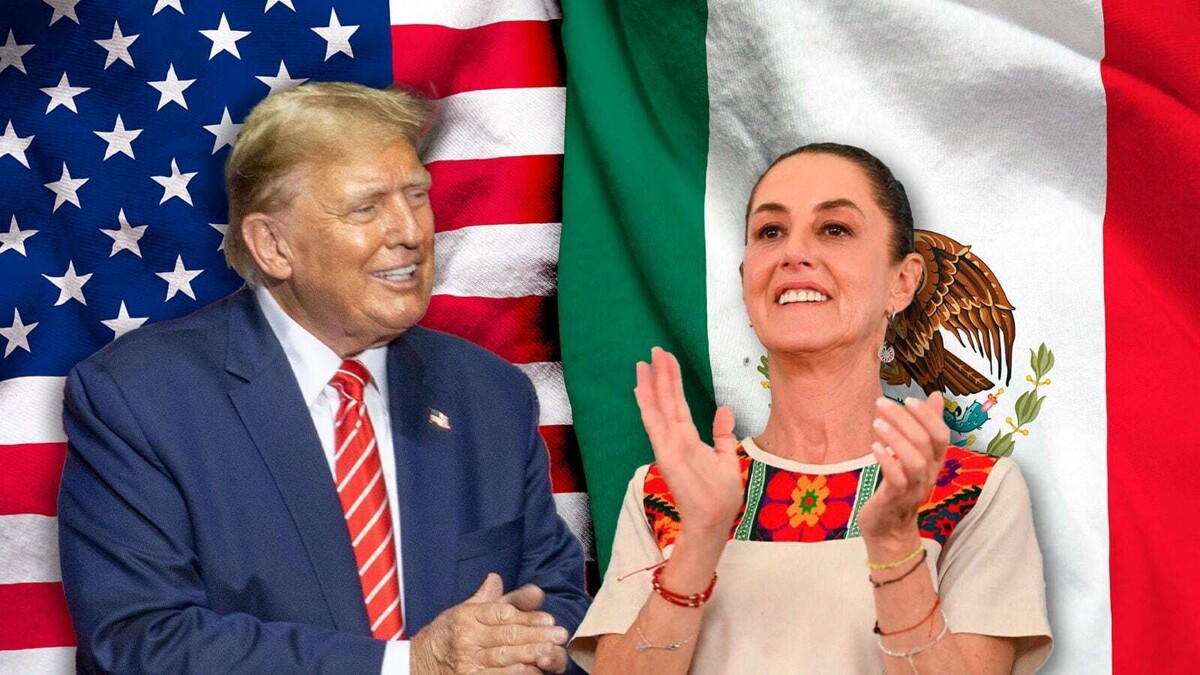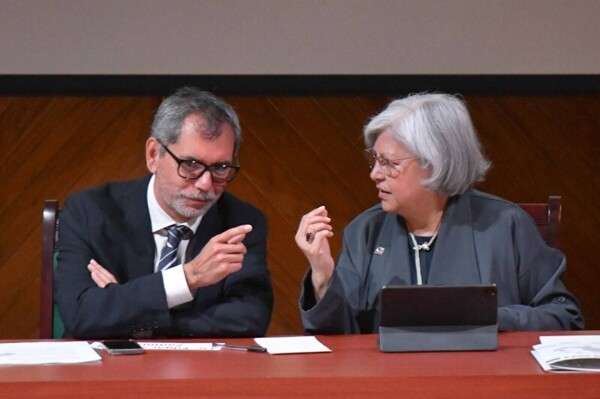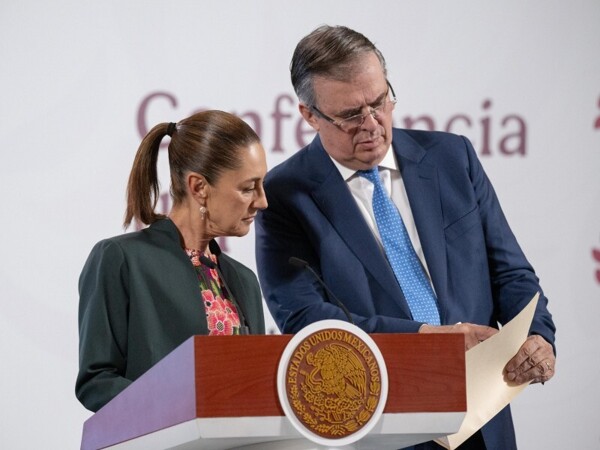
President Donald Trump is planning to impose tariffs on Mexican products, which will require the Mexican government and businesses from both countries to prepare to address this situation. Extortion as a method of pressure could have a significant impact, especially if there is no viable plan to counteract the effects of the tariffs. This could lead to a reconsideration of trade agreements such as the USMCA and tariff reciprocity with the United States.
It is expected that domestic production in Mexico will strengthen and new markets for Mexican products will be sought to counteract the effects of this measure. However, foreign investment has shown distrust in the face of Trump's threats, which could lead companies, including Japanese manufacturers like Nissan, to consider relocating their factories to the United States.
Trump's policies are generating changes in global geopolitical and economic balances, leading various countries, including Mexico, to establish protectionist measures to address pressures from the White House. President Sheinbaum and her team have a month to find solutions to issues such as migration and the fight against drug trafficking, but so far, no significant progress has been made on these issues.
The Mexican government faces multiple challenges, including a lack of resources for a potential trade war and economic dependence in relation to the United States. Marcelo Ebrard will lead negotiations with the US government, but the lack of trained and loyal officials could hinder Mexico's actions in this situation.
The fight against drug trafficking is also under scrutiny, with possible military and intelligence interventions by the United States to capture major drug lords and Mexican officials linked to organized crime. Mexico will have to decide whether to cooperate with these actions or prefer to maintain its autonomy and sovereignty in the face of these pressures.
In summary, the Mexican government is in a complicated situation, with the need to make important decisions to protect its economy and security against the threats of tariffs and potential foreign interventions.














